
The project’s short name SMITE stands for ‘Stereotypes & Mass Information Together Explored’ was chosen due to its phonetic resemblance to the Maltese verb ‘smajt,’ (‘I/you heard’), reminding us of how easily influenced we are by what is whispered in our ears. The concept of SMITE is based on the Nigerian writer Chimamanda Ngozi Adiche’s notion of the Single Story and how this impacts our perceptions of one another, our attitudes and actions.
Through our project’s activities, we are seeking to bridge the gap between local and migrant communities and aim to promote community cohesion through engagement activities between representatives of local and migrant communities.
The activities will address issues concerning the creation, dissemination, and processing of one-sided media information.
Panel discussions which serve as educational awareness sessions with panellists representing local and migrant communities aim to educate the public on issues related to media literacy, address ethical issues in blogging and social media posts, encourage mindful listening, critical thinking, and encourage healthy debate.
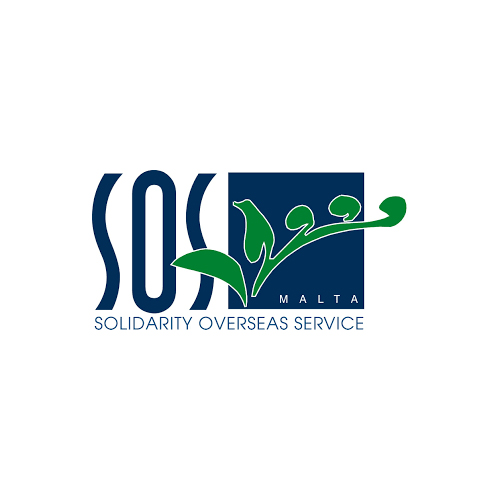
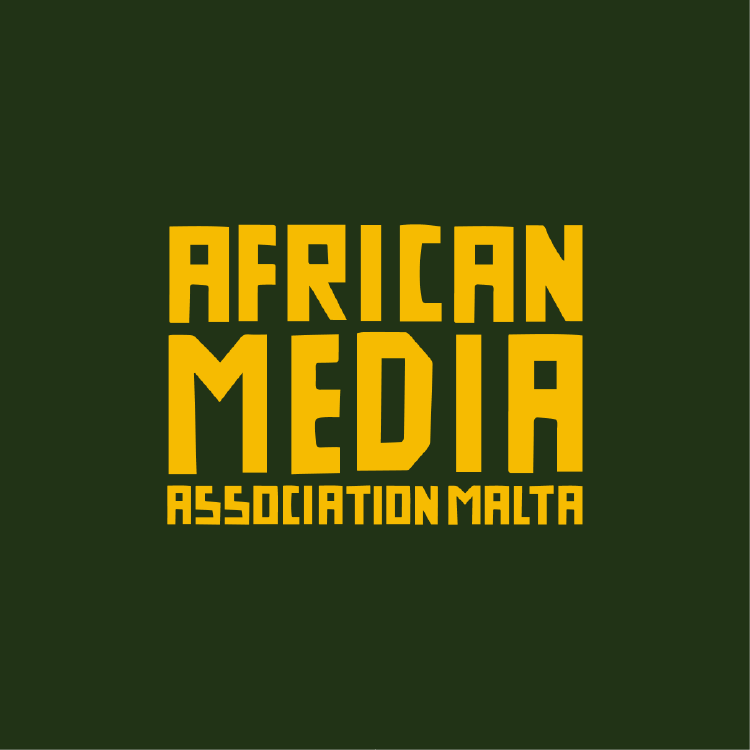
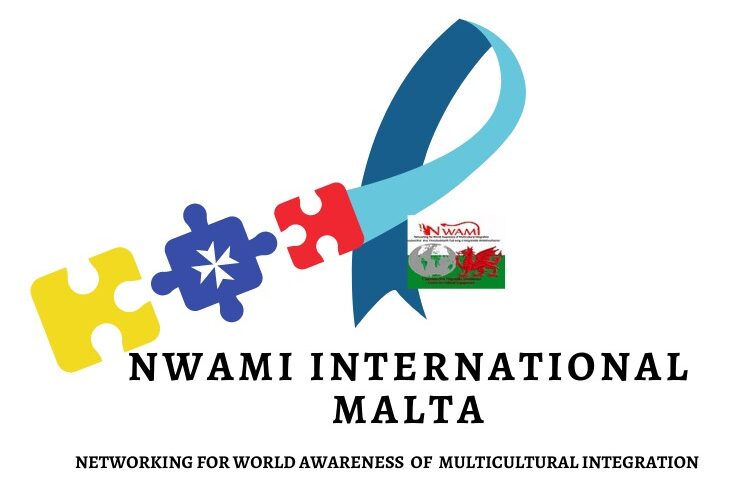



Educational Awareness Panel Sessions
Public Educational Awareness Panel Sessions serve as a powerful tool to educate, engage and mobilise individuals and communities. By fostering dialogue, promoting understanding and amplifying diverse voices, they contribute to the creation of a more inclusive, informed and equitable society. These discussions play a crucial role in fostering understanding, promoting dialogue and driving positive change.
Stakeholder Action Roundtable: Addressing Four Areas of Concern
The purpose of this working roundtable was to examine one-sided or incomplete stories on the writing of policies, the management of communities and on the dissemination of public information, social media and blogging and to explore effective ways to counteract social exclusion, discrimination and hate speech.
SMITE Story Cafés
The Story Cafés consisted of a series of eight informal social gatherings with the aim to educate local and migrant participants, educators, civil society representatives on critical thinking and to engage in healthy debates.
Edutainment Lab – Interactive Experiential Education Workshops
The project’s Edutainment Lab consists of two Interactive experiential workshops. The purpose of these two experiential workshops is to encourage active learning, where participants are actively involved in the learning process. Instead of simply listening to talks or debate during informal social gatherings, they can engage with the content through hands-on activities, simulations, role-playing and problem-solving exercises and movement.
Related Articles & Events.
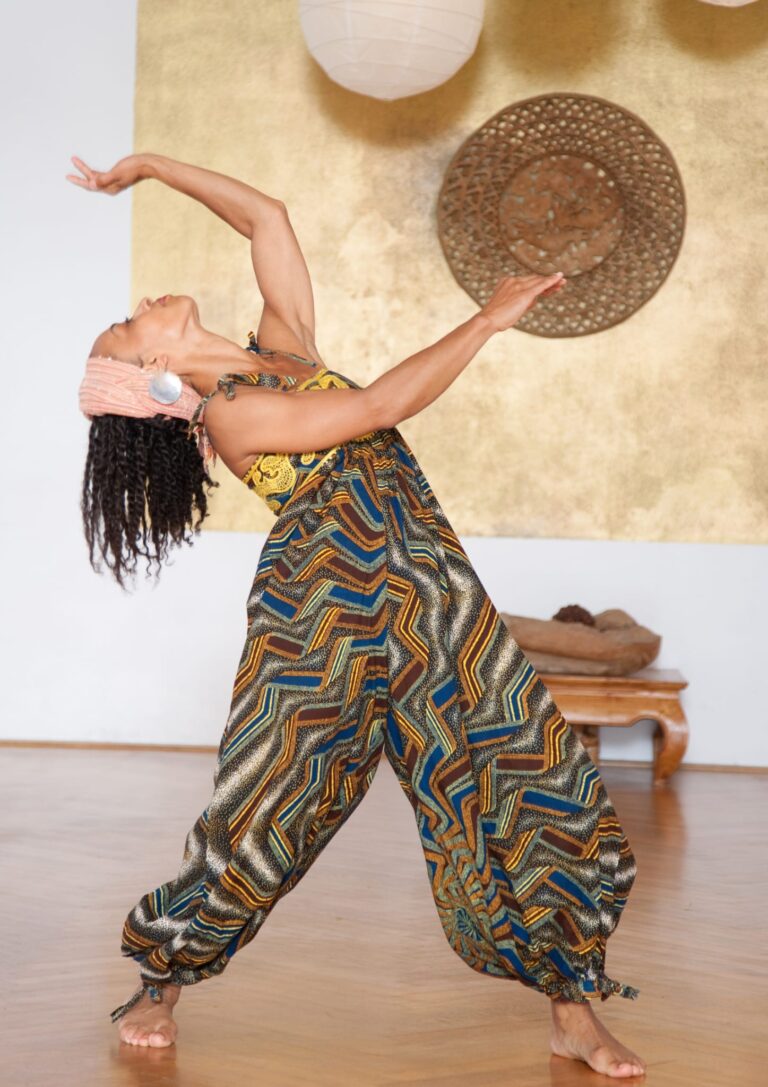
Dance workshop to explore how nonverbal communication impacts stereotypes
The African Media Association of Malta (AMAM), NWAMI International Malta (NIM) and Zfin Malta are organising a unique dance workshop which will explore how nonverbal communication impacts stereotypes. The event,
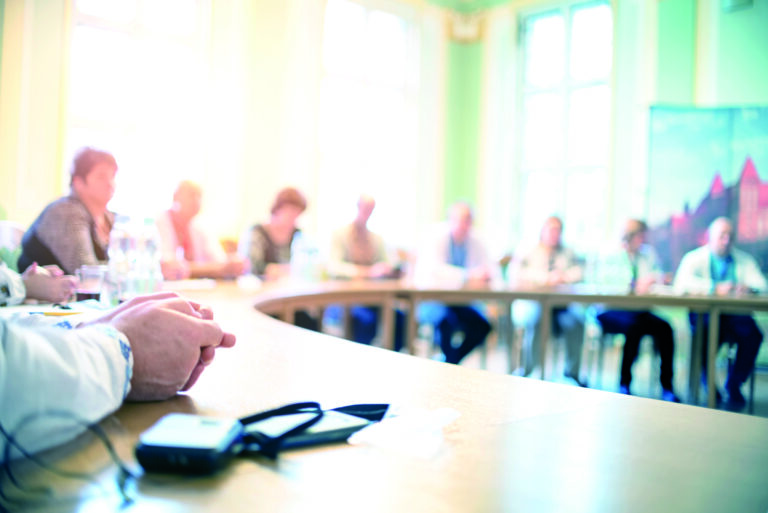
Our next upcoming event: Stakeholder Roundtable, Thursday 12 May
As one of the key initiatives of this project the Stakeholder Roundtable plays an important role in the development of a framework that can serve as an underlying structure for
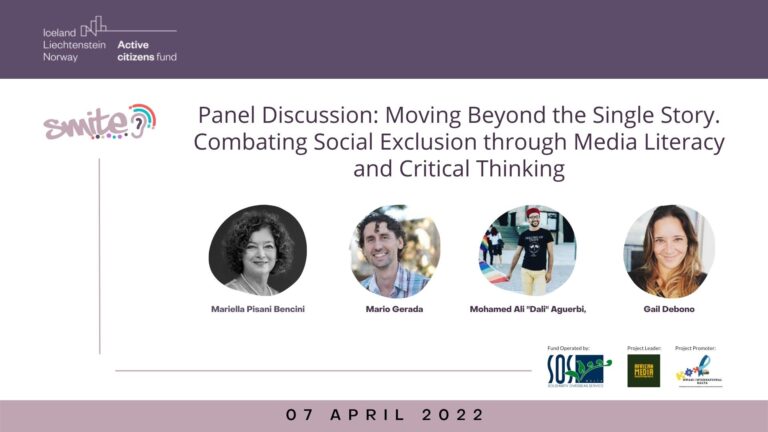
First Online Panel Discussion officially launches SMITE project
The term ‘single story’ is not commonly used, and the dangers of the single-story created by perceptions and assumptions remain therefore often unaddressed. The first part of our virtual
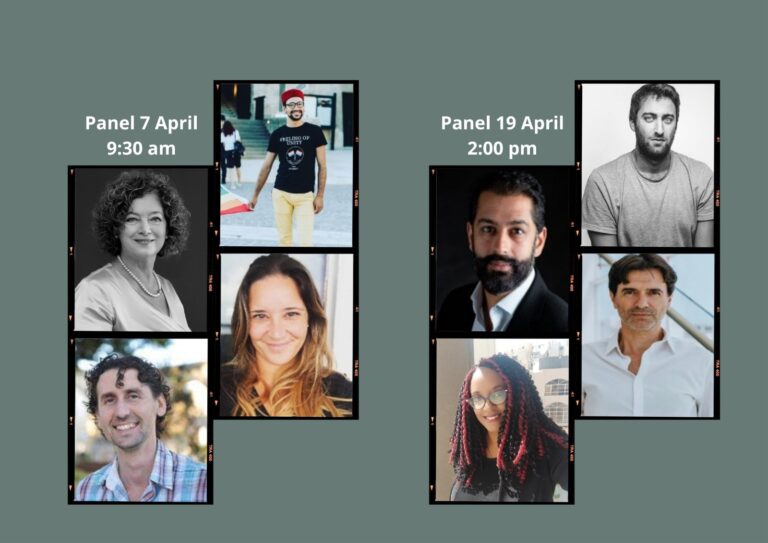
SMITE Project Launch in April
The SMITE (Stereotypes & Mass Information Together explored) project will launch in April 2022 with two online panel discussions, taking place on 7 April from 9.30am to 11.30am CET and
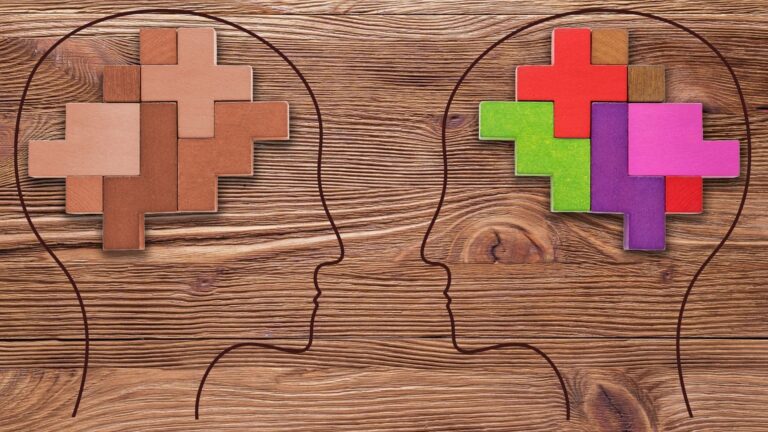
The Impact of Single or Incomplete Stories
In a world that values evidence-based information it is quite the wonder that stereotypes are still in existence. Stereotypes are broad generalisations about a group of people, most generalisations of
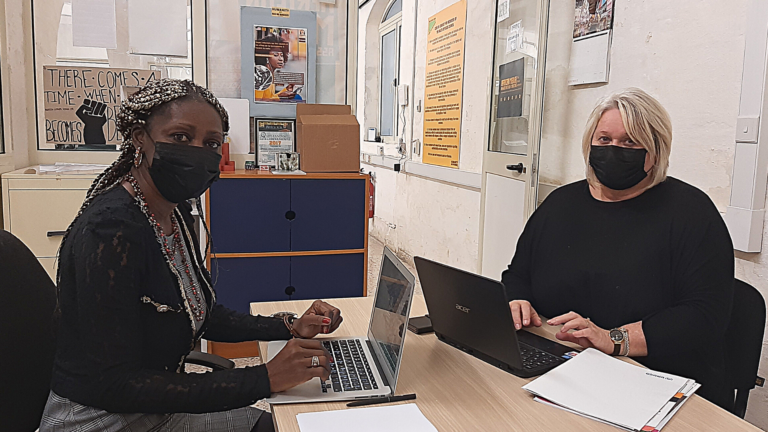
Two NGOs join forces to combat social exclusion through media literacy
“Moving Beyond the Single Story: Combating Social Exclusion through Media Literacy”, a joint project designed by NWAMI International Malta and with the African Media Association being the Lead Applicant, has been awarded a €25,000
Upcoming Activities
June 2023
Saturday, 24 May from 10:30 am to 12:30 pm
SMITE STORY CAFÉ – Media Literacy Uncovered.
Join our debate on the impact of media literacy on single stories & social exclusion.